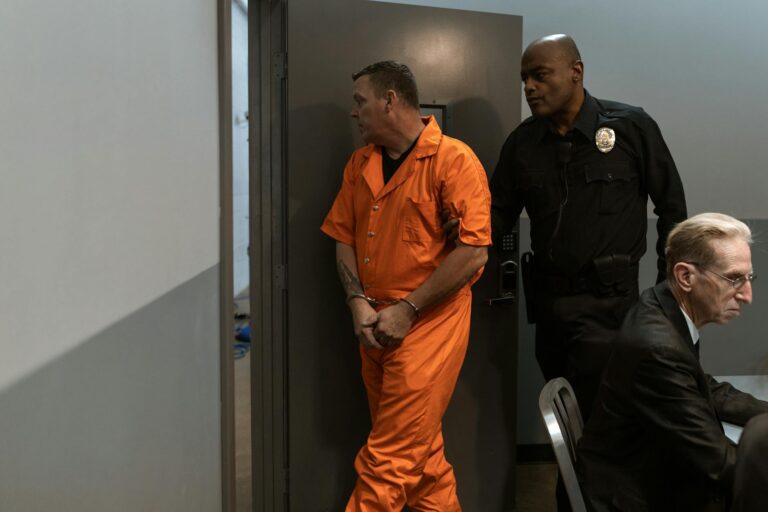Turkey’s Central Bank Stays Put at 46%—And the Lira’s Still on a Rollercoaster
So here’s the thing—Turkey’s Central Bank just doubled down, keeping interest rates locked at a jaw-dropping 46%. No cuts, despite inflation cooling a bit. And honestly? It’s not hard to see why. With Istanbul’s opposition mayor Ekrem Imamoglu getting arrested last week—a move that reeks of politics—the lira’s been swinging like a pendulum. The bank’s basically saying: “We’ll worry about growth later. Right now, keeping the currency from imploding is job number one.”
Why This Decision Makes Sense (And Why It Hurts)
Turkey’s Economy: A Messy Picture
Let me break it down. Inflation hit 85% last year—crazy, right? Now it’s “down” to 44%, which is like celebrating because your house only burned halfway down. The lira? Lost nearly half its value against the dollar in 12 months. Partly global stuff—Ukraine war, Middle East tensions—but mostly self-inflicted wounds. Turkey imports almost everything, so when the currency tanks, prices skyrocket. Basic economics, but painful to watch.
The 46% Gambit: Desperate Times
Here’s how one economist friend put it: “This isn’t about being smart—it’s about not being stupid again.” After years of Erdogan forcing rate cuts (against all logic), the Central Bank’s finally playing tough. High rates = foreign investors might stick around = lira doesn’t totally crash. But man, the cost. Businesses are paying 60%+ for loans. Construction’s down 28%. Feels like choking the patient to cure the fever.
Politics Just Threw Gasoline on the Fire
That Imamoglu Arrest—Timing’s Suspect
Okay, full disclosure: I’m no fan of Erdogan. But arresting your most popular opposition mayor right before an election? Come on. Markets panicked instantly—lira dropped 2% in hours. Reminds me of that old trader saying: “Money hates drama more than your ex hates you.”
When Leaders Undermine Their Own Economy
Here’s the scary part. Turkey’s Central Bank only got independent recently. Now this political circus makes investors wonder: “Is Erdogan back to his old tricks?” Argentina’s a cautionary tale—they mixed politics and monetary policy into a toxic cocktail. Difference is, Turkey might still pull back from the brink.
The High-Rate Tightrope Walk
Silver Linings (Yes, Really)
Weirdly, there’s some good news. Foreigners are buying Turkish debt again—up 12% this year. Inflation expectations dipped below 40%. Small wins, but after the past few years? We’ll take ’em.
But the Pain Is Real
Walk around Istanbul though, and you feel it. Shop owners tell me loans are impossible. Young graduates can’t find jobs. It’s like the economy’s stuck in neutral—prices keep rising, but nothing’s moving forward. Dangerous game they’re playing.
How Turkey Stacks Up Globally
US and Europe Are Playing a Different Game
America’s talking rate cuts. The ECB too. Turkey? Not even close. As one IMF guy told me: “Rich countries get to sneeze. Emerging markets catch pneumonia.” Harsh but true.
Argentina: Turkey’s Ghost of Christmas Future?
Argentina’s at 211% inflation. Their interest rate? 133%. Sound familiar? They kept mixing politics and economics until the peso became monopoly money. Turkey’s not there yet—but the road’s getting shorter.
What Comes Next? Your Guess Is as Good as Mine
Best-Case Scenario
If inflation drops below 30% by December, maybe—maybe—they cut rates. Oil prices stay calm. No more political bombshells. That’s a lot of ifs.
What the Big Banks Are Saying
Goldman thinks inflation hits 35% by year-end. JPMorgan’s warning: “Cut rates too soon, and the lira could nosedive 25% overnight.” Basically, we’re stuck between a rock and a hard place.
Bottom Line
The Central Bank’s betting everything on this high-rate strategy. It might work—if politics don’t blow it up first. Talking to a trader friend yesterday, he summed it up perfectly: “We’re not just fighting inflation anymore. We’re fighting the feeling that tomorrow could be worse than today.” And that? That’s the real problem.
Source: Dow Jones – Social Economy












